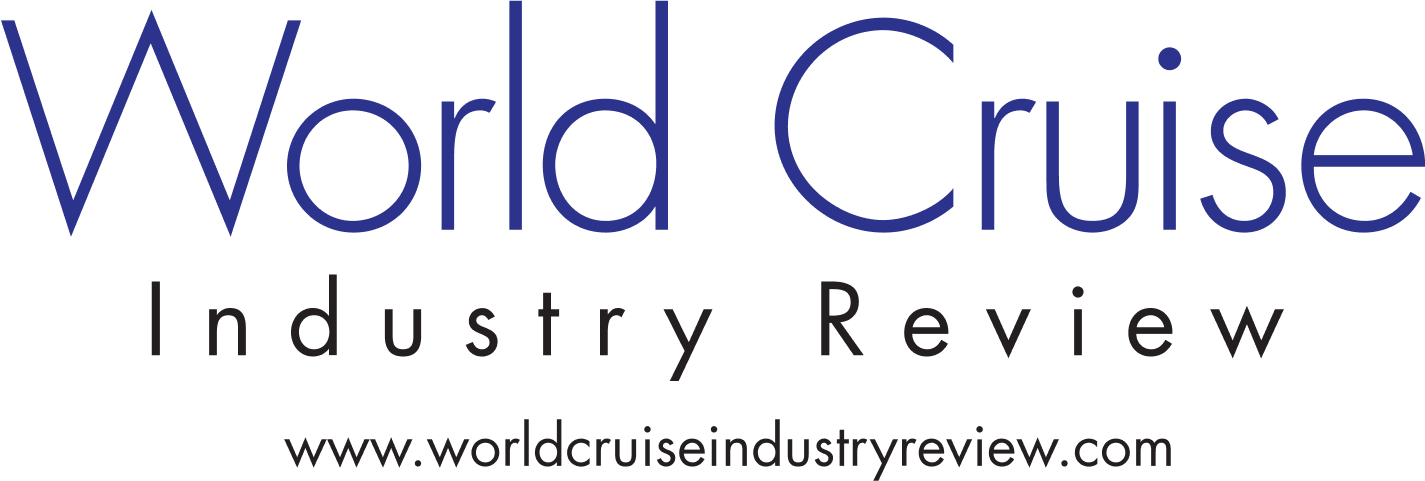Next generation maritime energy storage systems – “Octopus Series”
The Octopus Series, as the new design platform is called, is set to become the next generation DNV certified battery management system for marine markets. With both High Power and High Energy modules, new, smart and lightweight battery solutions can be installed in virtually any size of vessel. Clients can choose between passive- or active cooling and even forced air- and liquid cooling will become available. Production of the new battery systems is about to start and ‘racks’ become available as of 2022.
The Octopus platform is, practically speaking, the Battery Management System (BMS). The BMS is the interface between battery and application. An advantage of this system is that, whatever energy storage system the client needs, the BMS always has the same interface, making it user-friendly.
EST-Floattech’s BMS also plays a vital part in the safety management of the batteries, and offers remote monitoring, diagnostics and service. With the new range of power modules that come with the Octopus platform, the company has created a solution for almost every application and, importantly, budget.
“We see the market both emerging and growing”, says Diederick Stam, Manager Operations at EST-Floattech. “Sustainable power solutions are becoming accepted and here and there electrically powered vessels are coming into service. As a result, you see more and more differentiation in the applications needed by shipowners and shipbuilders, not only for direct propulsion, but also for equipment, machinery and peak performance and endurance needs. In addition, new types of applications are being thought of as we speak and we work closely with our clients to get them designed and fully functional.“
High Energy NMC
The High Energy NMC batteries are designed for long-duration and large-scale battery installations. These systems are a logical choice for systems needing 100 kWh up to several Megawatts and are easy to connect in large series.
Maritime applications that have longer charging times, for example medium and large-sized ships sailing electrically up to 8 hours, are typically suited for this system. Hence, EST-Floattech aims to serve system integrators and shipyards with this solution when building tugboats, ferries and other vessels with hybrid or electrical propulsion.
For more details of the High Energy NMC module click here.
High Power NMC
High Power NMC modules deliver a lot of power (kW), combined with limited energy storage (kWh), which means in practical terms a (very) short charging time. Think of ferries that go for ‘opportunity charging’: when passengers and vehicles depart, the vessel recharges its batteries for the next crossing.
This solution brings less cost and needs less onboard installation space. Also, it’s safe by design due to multiple safety layers in the mechanical design and the software, meeting strict DNV class requirements.
For more details of the High Power NMC module click here.
High Energy LFP
For applications, on land or at sea, where space is not an issue, the High Energy LFP battery system comes into play. This type does not need cobalt, cutting cost and refraining from using scarce resources, making it a more sustainable solution. In addition, these modules form a very stable and safe electrical power solution.
For more details of the High Energy LFP module click here.
Without a history there is no future
“Without a history there is no future” says Hans Visser, CEO at EST-Floattech. “I am extremely proud of the history of our company and the future and further growth that the company is facing. Our new and improved website shows both our history, with the 200+ projects we have delivered in recent years and offers future perspective with our new state-of-the-art product line. The Octopus Series is another big step towards zero-emission shipping ”


